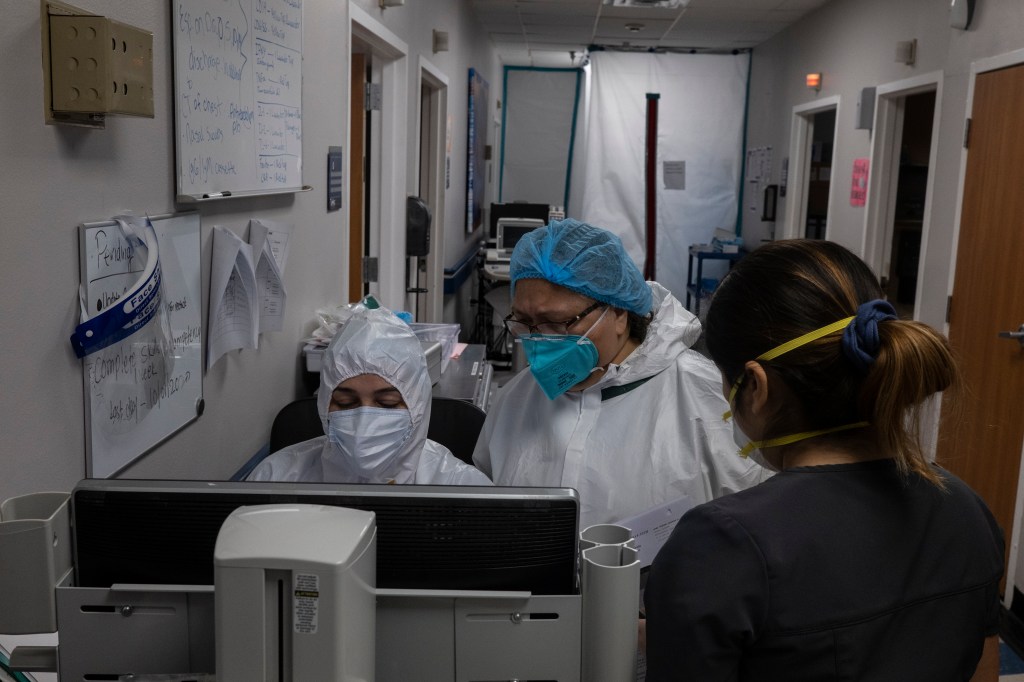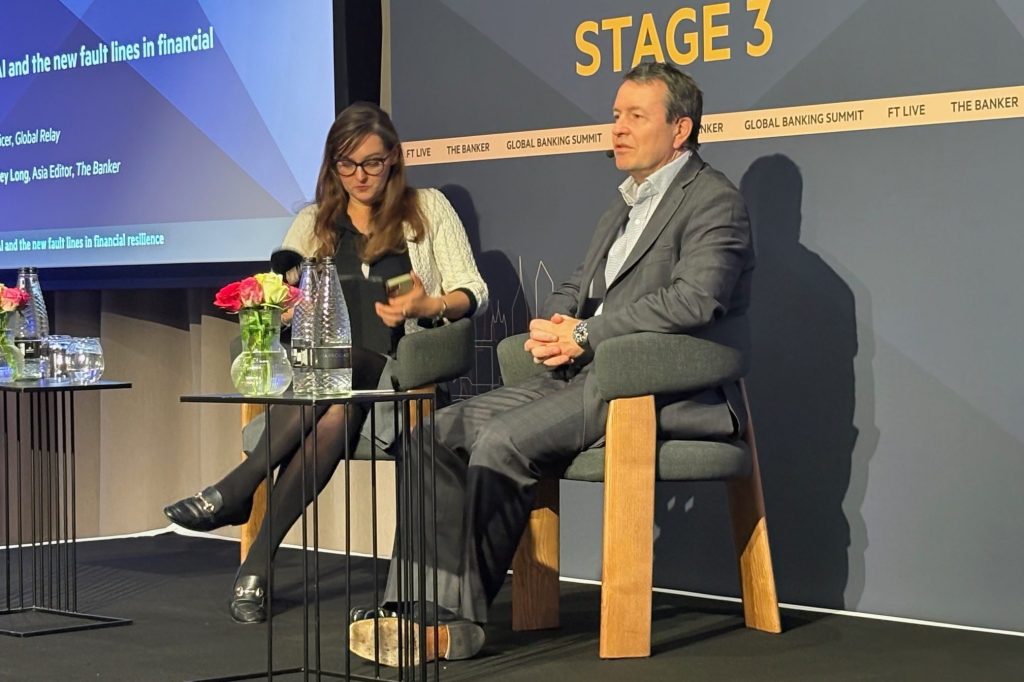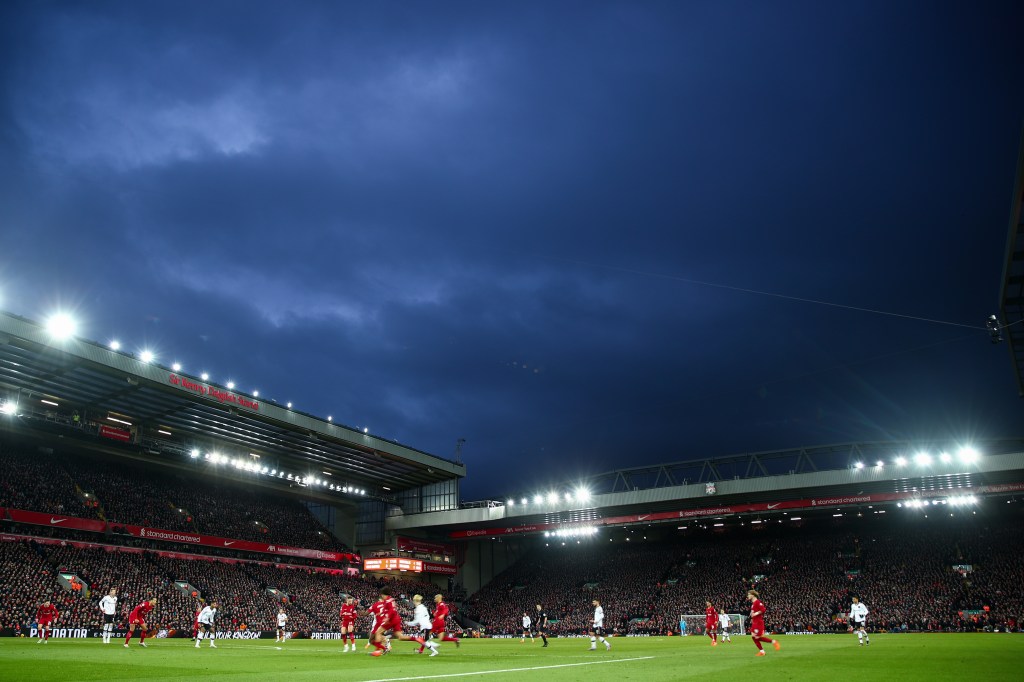“The time for debate about the merits of a Regulator has passed; focus should now be on its scope and powers.” That’s the view taken by Nick De Marco KC, one of the UK’s leading sports law experts, after the publication of a government White Paper outlining plans for an
Register for free to keep reading.
To continue reading this article and unlock full access to GRIP, register now. You’ll enjoy free access to all content until our subscription service launches in early 2026.
- Unlimited access to industry insights
- Stay on top of key rules and regulatory changes with our Rules Navigator
- Ad-free experience with no distractions
- Regular podcasts from trusted external experts
- Fresh compliance and regulatory content every day
















